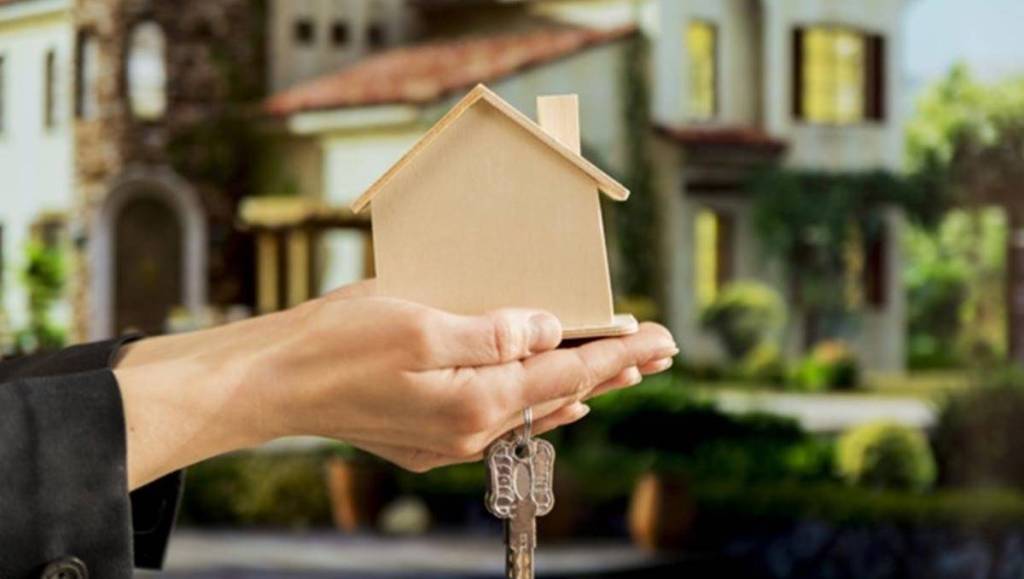Before buying a house, paying attention to many things — such as budget, maintenance and legal approvals – is important just to ensure you house remains safe and dispute-free. For some people, it may throw more challenges and they might find it difficult to handle some of the new complexities that come with a new house.
There is no doubt that purchasing a house is a significant milestone and a major financial commitment for many people. However, it’s important to note that the responsibilities don’t end with the purchase. After you’ve acquired your dream home, there are several essential steps you must take to ensure a smooth transition and protect your investment.
Whether it’s transferring property ownership, transferring utilities, planning for maintenance, or updating your legal documents, taking these actions will help you safeguard your interests.
Also Read: 5 important things to consider before foreclosing your home loan
Transfer Property Ownership
Once you’ve bought a new house, it’s essential to officially transfer the property ownership to your name. This process involves updating the property records with local authorities. Ensure that your name is updated in all property-related documents, including property tax records.
Secure Property Insurance
Protecting your newly-acquired property with insurance is a wise move. Property insurance, such as home insurance, safeguards your home and belongings against various risks, including natural disasters, theft, and damage. Research and compare different home insurance policies and pay attention to the terms and conditions.
Transfer Utility Services
To ensure a seamless transition to your new home, you must transfer utility services such as electricity, water, and gas to your name. By providing the documents, including proof of property ownership and identification, you can get the same updated. Also make sure that all existing bills are settled by the previous owner and clarify any pending dues before taking over the utility connections. Ensure that all correspondence and bills are redirected to your new address.
Maintenance Cost
Proper maintenance is crucial to preserving the value and longevity of your new home. You must do regular inspections of the property, including plumbing, electrical systems etc. to address any immediate repair or renovation needs. Budget for ongoing maintenance costs, painting etc.
Adhil Shetty, CEO, Bankbazaar.com, explains, “It is recommended to have an adequate emergency fund in place. Homeownership can bring unexpected expenses like repairs or maintenance, and having savings set aside can help you handle these without straining your finances.”
“Create a dedicated fund for home maintenance and repairs. Regularly contribute to this fund to cover unexpected upkeep costs,” he adds.
Update Your Address
With a new home, your address has changed, which means you’ll need to update it on various legal and official documents. Update your address on your Aadhar card, voter ID, and other government-issued identification documents. Inform your bank, post office, and other financial institutions about your new address. Also update your address on your vehicle registration and driver’s license, if applicable.
These tips will help you make your home purchasing journey easier and ensure that you enjoy your lifestyle in your new house without any legal and financial disputes.

